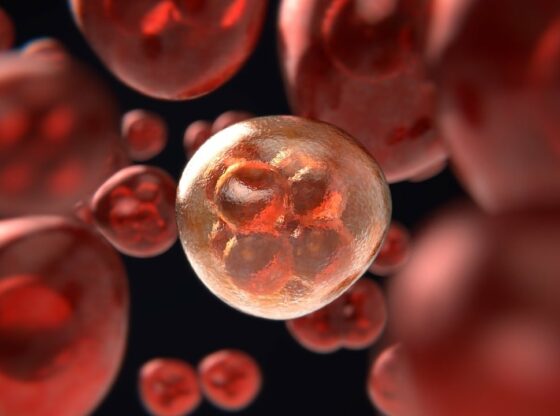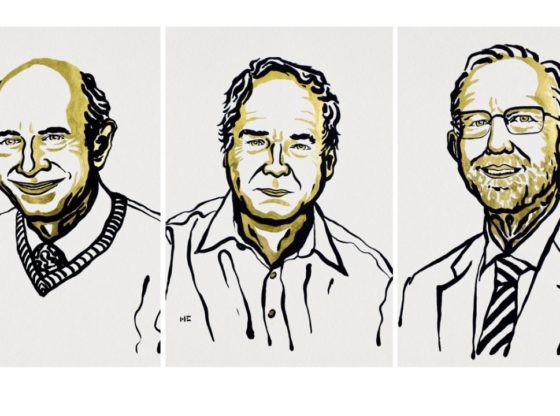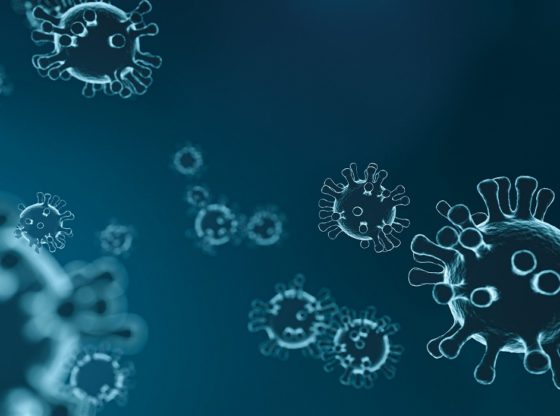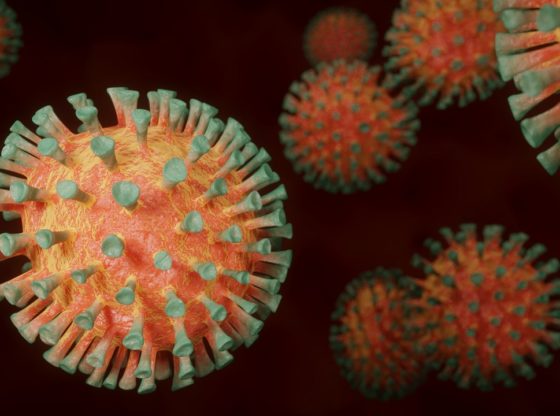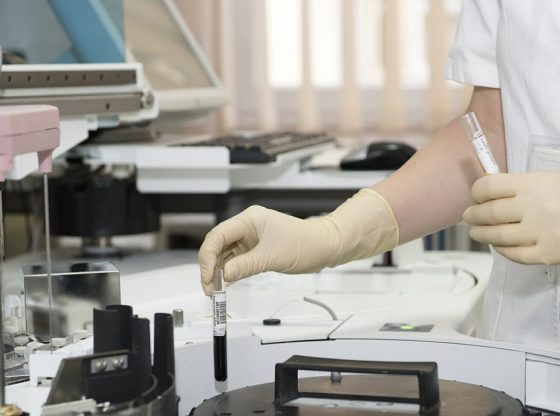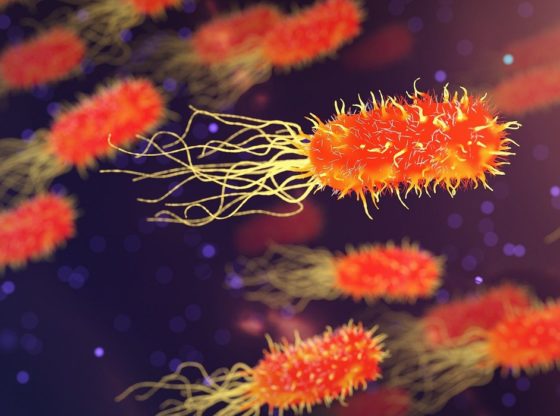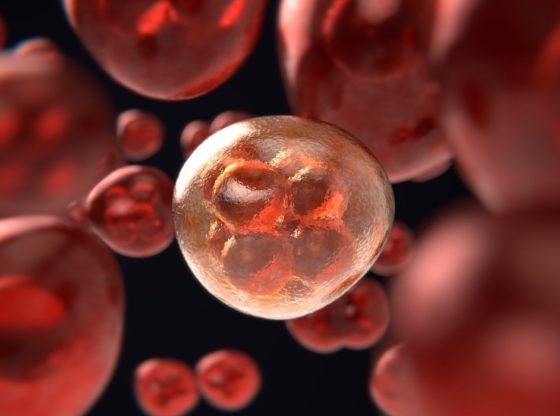Researchers have been able to show that when cells in the lungs are exposed to smoking, the genome of the lungs changes chemically. This, in turn, causes cancer cells to form.
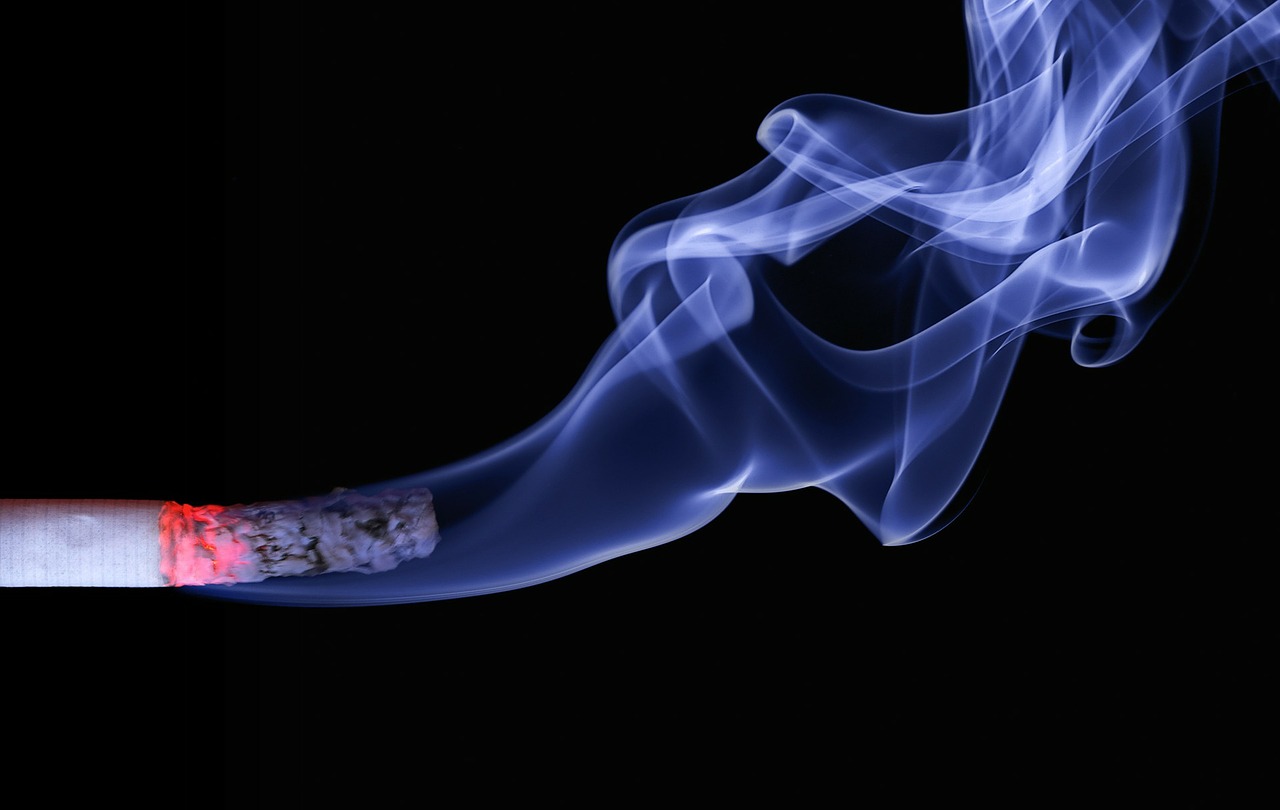
That smoking increase the risk of cancer and cardiovascular disease is well known. But what the different mechanisms are and how they are involved has been partly unclear.
We do know some of the genetic culprits that drive lung cancer growth from previous research, that mutations occur in a gene called KRAS, which is present in one-third of patients with smoking-related lung cancers
Now, a new study also provides evidence that smoking leads to epigenetic changes in the DNA that enable cancer cells to form.
Epigenetic processes can switch a gene’s potentially heritable levels of protein production on or off, without involving changes to the underlying structure of a gene’s DNA.
For example, methylation, when cells add tiny methyl chemical groups to a beginning region of a gene’s DNA sequence, this often silence the gene’s activation.
“Our study suggests that epigenetic changes to cells treated with cigarette smoke sensitize airway cells to genetic mutations known to cause lung cancers,”
– Stephen Baylin, M.D., the Virginia and D.K. Ludwig Professor for Cancer Research and professor of oncology at the Johns Hopkins Kimmel Cancer Center. Details of the scientists’ experiments are described in the Sept. 11 issue of Cancer Cell.
The scientists studied molecular and genetic changes in smoke-exposed cells over 10 to 15 months, which the scientists say may be similar to 20 to 30 years of smoking, and then compared the changes to bronchial cells that had not been exposed to the liquid smoke.
After about 10 days, the cells began to change their gene expression via epigenetic change. It then took 10 months before these changes built up enough to increase risks of cancer.
“When you’re smoking, you are building up a substrate of epigenetic changes that we hypothesize are increasing your mathematics for developing lung cancer,”
– Stephen Baylin adds.
The scientists say that their models may not be exactly what occurs in people during a lengthy period of smoking, but they say it is a step in understanding the epigenetic processes that may occur early in the transformation of cells into lung cancer.
Reference:
Michelle Vaz et al. “Chronic Cigarette Smoke-Induced Epigenomic Changes Pre-Sensitized or Bronchial Epithelial Cells to Single-Step Transformation by KRAS Mutations” Vaz et al., 2017, Cancer Cell 32, 1-17 September 11, 2017 ª 2017 http : //dx.doi.org/10.1016/j.ccell.2017.08.006

